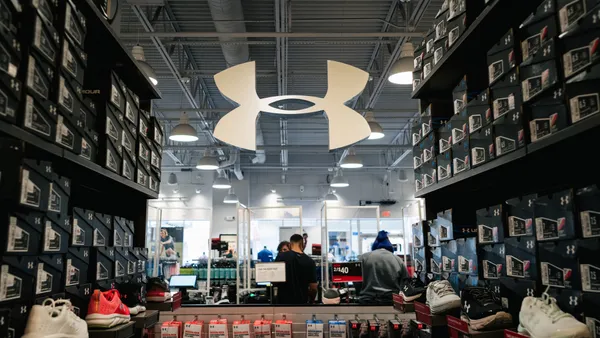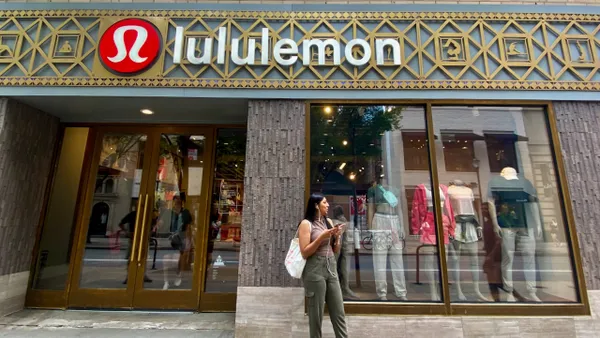Dive Brief:
-
Walmart has signed on to Workplace, the enterprise productivity tool owned by Facebook, Workplace said in a blog post on Tuesday.
-
The retail giant, the world’s largest with some 2.2 million employees, is phasing in the system, beginning with its Sam’s Club warehouse unit and a few other teams, TechCrunch reports.
-
Sam's Club associates are sharing best practices by posting pictures of in-store product displays, Walmart is sharing company news such as corporate earnings and store visits, and various teams are using the tool to collaborate and manage projects, according to vice president of Workplace by Facebook Julien Codorniou. "Translation features on Workplace have also helped increase communication at Walmart, facilitating better collaboration among associates in multiple geographies," he said.
Dive Insight:
Last year Walmart CEO Doug McMillon promised that Walmart would make a concerted effort to be a better place to work, citing the boost in its minimum hourly pay, more flexible work schedules, and additional training and opportunities for career advancement.
Earlier this month, the retailer also said it would build a new corporate campus in hometown Bentonville, AR to house headquarters employees now spread around Northwest Arkansas — a project slated to take five to seven years to complete and aimed at facilitating teamwork. As Walmart partners with Workplace, the retail giant is also turning to state-of-the-art tech to approach how its teams learn and interact.
But the retailer appears to be working out just how Workplace will be used, especially in light of the fact that Walmart is also a customer of Slack, which offers similar enterprise tools, according to TechCrunch’s report. "We use a variety of tools within the technology landscape," Dan Kneeshaw, a senior director of digital strategy and brand engagement at Walmart, told TechCrunch. "We brought Workplace in to complement other tools that are being used."
Walmart’s corporate culture is fairly well entrenched after half a century, experts have told Retail Dive."You’re talking about the changing of the tide, and not just from the product development point of view. Walmart has thousands of stores and thousands of people. Walmart has an embedded culture, and the attempts they’ve made to change have failed largely because they’ve failed to change that culture," Mark Cohen, director of retail studies at Columbia University's Graduate School of Business, told Retail Dive about the Jet merger last year (a deal that, according to TechCrunch, was enabled in part by Slack).
"And even when Walmart does change, that pressure to show immediate results works against it," he said. "As soon as their efforts wouldn’t show fruit, they’ve abandoned it. It takes two to five years to change the composition of a large store and a large number of stores without losing your core customers and your underlying business... I’ve seen these kinds of initiatives come and go at Walmart, and I have never seen them stick. I think there are too many people there who are of the view 'This too will pass.'"














